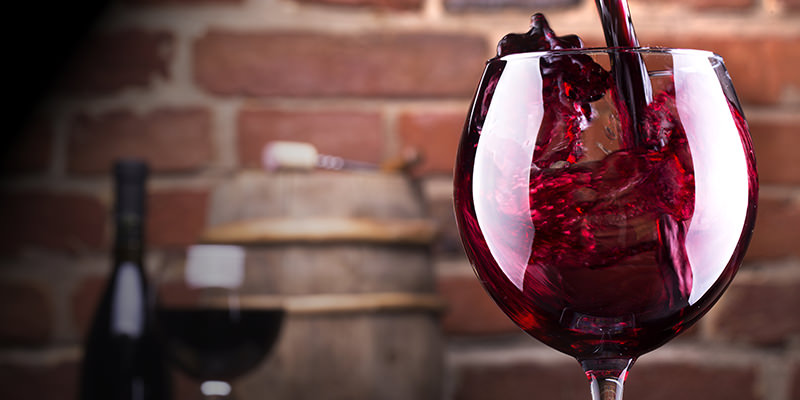Alcohol is a toxic liquid notorious for impairing judgment, fixation and coordination, yet we regularly read headlines revealing to us that red wine is useful for the brain.
Consider it. When was the last time you went to your primary consideration doctor, neurologist or psychiatrist for assistance with a brain symptom, for example, memory lapses, trouble concentrating, or perplexity, and were determined to have Alcohol Deficiency Disorder?
Doctor: “Your concern, is that you don’t drink. The human brain requires alcohol to work taking care of business. Return home, start drinking routinely, at that point come see me again in three months.”
This unbelievable proposal never originates from the mouths of experienced clinicians who see the majority of the manners by which liquor jeopardizes wellbeing. It originates from feature getting concentrates intended to make the wine resemble. These investigations make the news since we frantically need to accept that the answer for our Alzheimer’s plague might be as basic as appreciating a glass or two of red with supper—a great case of pie in the sky drinking.
Interesting how we once in a while observe media messages advancing brew, vodka or bourbon for mind wellbeing—it’s quite often red wine. Why would that be?
What separates red wine from most other alcoholic beverages is the nearness of resveratrol, a compound sneaking inside grape skins which should have antioxidant properties. Is this valid? Assuming this is the case, is drinking red wine to receive the supposed rewards of its resveratrol content worth the genuine risks presented by its alcohol content?


